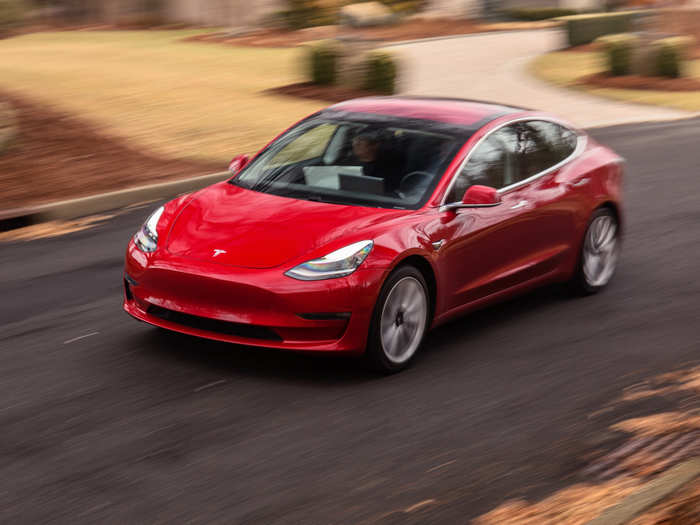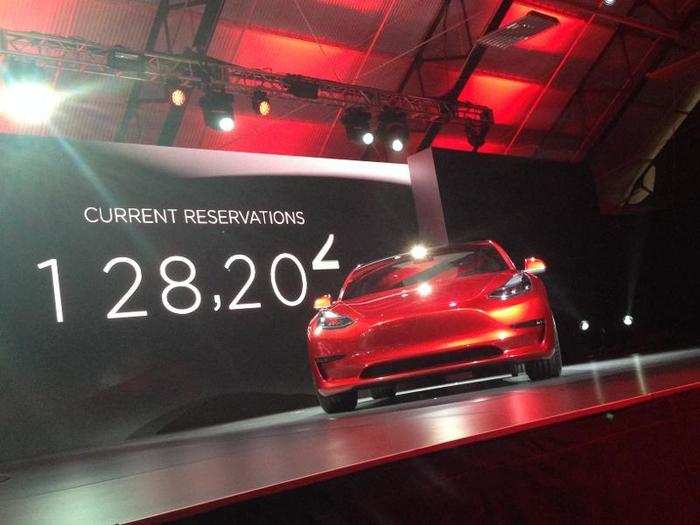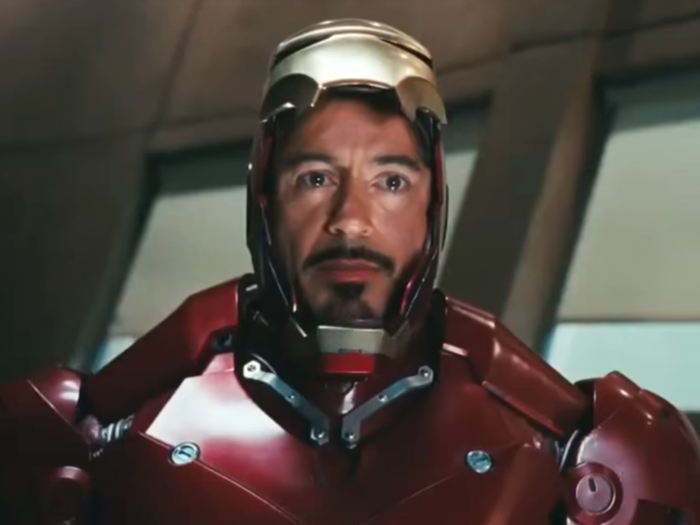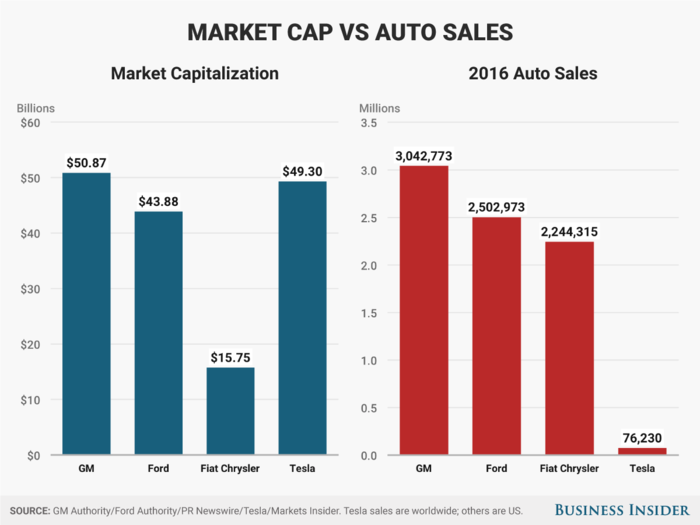- Home
- slideshows
- miscellaneous
- Tesla's second-quarter earnings are expected to be terrifyingly bad, but it likely won't send stock crashing - here's why
Tesla's second-quarter earnings are expected to be terrifyingly bad, but it likely won't send stock crashing - here's why
Revenue, revenue, revenue.

The Model 3 is an exciting car.

The Great Tesla Paradox: How can a company that has inspired such love and admiration for its products be so bad at building them?
People in the auto industry bang their heads against this all the time. I've done more than my share of headbanging. And then I drive one of the cars and I get it: They're terrific.
I've checked out the Model 3 twice and thought it was great both times. So have others, including the Wall Street Journal's Pulitzer-winning car critic, Dan Neil. I know Dan and can safely say that it the Model 3 was a bad car, he wouldn't hold back.
Tesla bears spend far too much time obsessing over the company's surreal financials (they've been surreal for a long time, by the way) and not enough time considering the allure of its products and its customers' loyalty.
Take this into account: one of the reasons that Tesla is under so much stress these days is that while it could be a small-volume manufacturer of all-electric luxury cars and probably turn a profit, the market has demanded that it become a higher-volume producer of less expensive vehicles.
400,000 pre-orders for the Model 3 is impossible to ignore.

The massive and unprecedented number of pre-orders for the Model 3 is something of an insurance policy for Tesla, a bulwark against bad news.
Sure, Musk might be acting weird and the company might be resorting to unusual measures, such as erecting an assembly line under a tent in its factory parking lot. But no other carmaker on the planet has anything close to 400,000 advance orders for a vehicle, not to mention customers who were willing to put down a $1,000 deposit for a car they wouldn't get for several years.
Most people aren't paying any attention to Musk.

Shocking, I know. But in the world of normal humans, Musk is known for being the electric car guy, and the SpaceX rocket guy — and as the model for the Tony Stark character played by Robert Downey, Jr. in the "Iron Man" movies.
His numerous steps and missteps and his unusual personality, while documented copiously on Twitter and elsewhere, are largely invisible to the population of the world. People with lives don't have the time or the inclination to monitor @elonmusk or follow the battle between Tesla's longs and Tesla's shorts.
Their proxies in all this are the big institutional investors who hold the bulk of Tesla shares outside Musk's 20%. They manage money for people who don't obsessively follow the management of their money, and their Tesla stakes are constructed on the idea that the carmaker has performed spectacularly in the past and and could continue that trend in the future.
There's no such thing as an unhappy Tesla investor.

OK, that might be a slightly extreme statement for investors who bought in last year during the run to $400. They're dealing with some pain.
But for anyone who got in a few years ago, it's all roses and sunshine and dancing unicorns and red Tesla Roadsters winging through space.
For the risk-takers who bought after Tesla's 2010 IPO, the return has been blistering: around 1,000%.
Obviously, this is why Tesla has engendered so much short interest — it's the most shorted stock on Earth: the titanic return represent the Moby Dick of negative opportunity. Or if you'll forgive another literary metaphor, the Icarus of the stock market. There's no way Musk can fly so close to the Sun without melting his wax wings.
Except that he can because he has so many delirious happy Tesla investors to catch him if he falls.
Popular Right Now
Popular Keywords
Advertisement